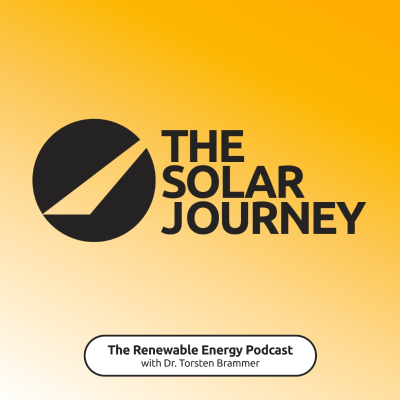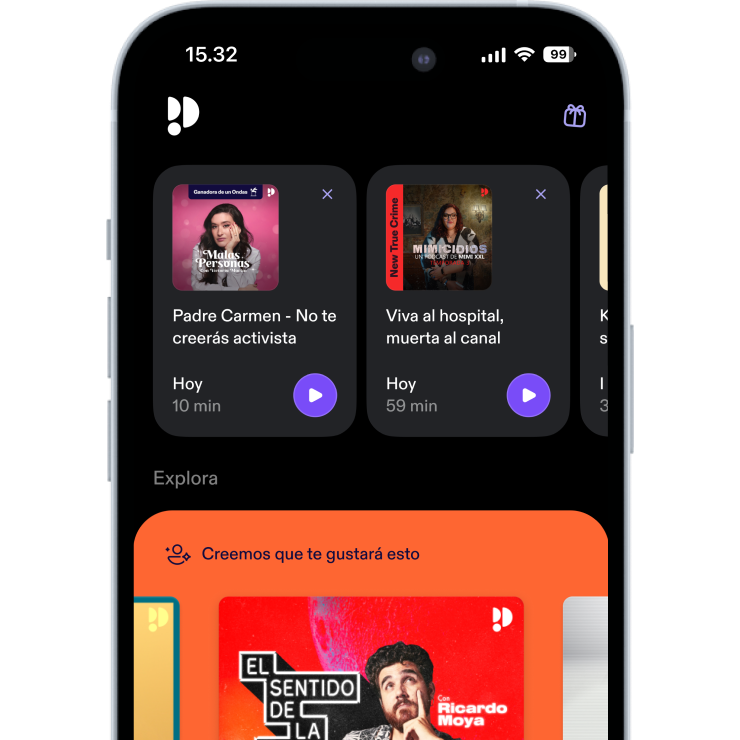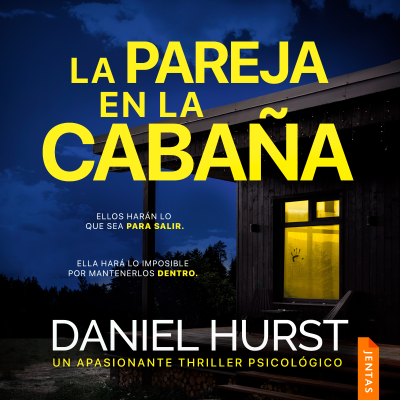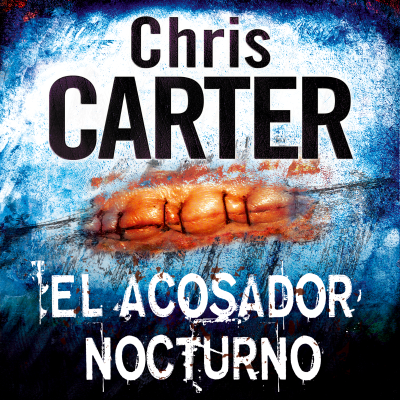
The Solar Journey Podcast
Podcast de Dr. Torsten Brammer
Disfruta 30 días gratis
4,99 € / mes después de la prueba.Cancela cuando quieras.

Más de 1 millón de oyentes
Podimo te va a encantar, y no sólo a ti
Valorado con 4,7 en la App Store
Acerca de The Solar Journey Podcast
Host Torsten Brammer wants to investigate the question; “What does it take to get solar to the next level?”. On the podcast he interviews industry experts, discussing their journey in the solar industry and opinions on current topics and events.
Todos los episodios
32 episodiosIn the final episode of Season 2 of The Solar Journey, Torsten tackles one of the most debated areas of energy transition technology: green hydrogen production and usage. Putting the hydrogen-hype under a microscope, this episode taps the knowledge of a global expert in the field who, somewhat surprisingly, has some inconvenient truths to share. Joining Torsten is Dr. Klemens Ilse, a physicist and materials diagnostics expert at the Fraunhofer Institute, where he leads research on materials for green hydrogen production. As Deputy Director of the Fraunhofer Innovation Platform for Hydrogen Energy at Kentech in South Korea, Klemens offers a truly global perspective on the future of green hydrogen production and storage. With a background in photovoltaics, including award-winning research on PV soiling in desert climates, Klemens now applies his skills to the cutting edge of hydrogen technology. In this episode, he unpacks the colorful world of hydrogen—blue, green, grey, and beyond—while providing an honest take on its opportunities and challenges. "Green hydrogen is often called the Swiss army knife of the energy transition," says Klemens, "but you wouldn't use a Swiss army knife for everything. It should be reserved for cases where no better tool is available." He highlights where hydrogen can make the biggest impact—hard-to-decarbonize sectors like steelmaking—and outlines the challenge posed by inefficient production and transportation. Beyond the science, Klemens delves into the economics and policy of hydrogen. From Europe’s regulatory push to scale green hydrogen, to the bottlenecks of rare materials like iridium, this conversation sheds light on the forces shaping hydrogen’s role in a net-zero future. As the closing episode of Season 2, and featuring such a hotly debated subject, this one is not to be missed. A bold exploration of hydrogen's potential and pitfalls, offering clear-eyed analysis and a roadmap for its role in the clean energy future. PLUS – it’s a double-header Espresso segment, with Lisa Hirvonen from Italian-Chinese manufacturer FuturaSun joining to share her views from the recent PV Module Tech event in Malaga, Spain. And fan favorite Radovan Kopeček from the ISC Konstanz checks in again, fresh back from his whirlwind East Asian excursion, with dispatches from conferences in both Japan and China.
In the penultimate episode of season two, we've got a double header for you! Torsten reconnects with returning guests Christian Langen and Tobias Schütt, co-founders of Cleantech Bridge, a startup bridging the gap between venture capital and infrastructure funding for the rollout of innovative clean technologies. With decades of combined experience in the solar and energy storage industries, Christian and Tobias are tackling one of the most pressing challenges in renewable energy: scaling successful startups when traditional funding sources fall short. From their early days at Conergy to launching impactful ventures like DZ4, Christian and Tobias share insights into navigating the "first of a kind" financing problems that can derail even the most promising companies. They delve into why SPVs (Special Purpose Vehicles) are key for asset-heavy business models and how entrepreneurial investors, like family offices, can unlock opportunities where conventional investors hesitate. A resounding endorsement of the potential of renewables and solar in particular, Christian declares, “Solar is the cheapest source, together with wind and storage – it's exploding.” Meanwhile, Tobias emphasizes, “The risk is that the success of solar is so high it jeopardizes future successes. And the solution for that is more storage.” An engaging overview of the challenges and opportunities of financing cleantech at scale, this episode is packed with insightful explainers and pearls of wisdom from two seasoned industry players – who admit that even with 20 years of experience, they "are still at the beginning of this all." PLUS On this week’s Espresso, Torsten continues to gather perspectives from the U.S., where solar manufacturing keeps growing. Martin Pochtaruk, founder and CEO of Canadian-American module maker Heliene, runs the numbers of what it costs to establish both PV cell and module manufacturing in North America and provides an update on efforts to set up a solar supply chain there.
This week on The Solar Journey, Torsten speaks with Oliver Schulz-Wittmann, CTO of Holosolis, a veteran of the solar technological development. With a career spanning innovative startups, major R&D projects, and important roles in solar manufacturing, Oliver has seen a lot! From humble beginnings analyzing samples for radioactivity post-Chernobyl during his time in civil service, Oliver is currently leading plans to establish a 5 GW solar cell and module manufacturing facility in France. He shares insights into the challenges and opportunities in scaling European solar production and also dives into the evolving role of intellectual property in the solar industry, as well as why he believes nuclear energy cannot compete with the speed, cost, and scalability of renewables. Drawing from his extensive experience in navigating technological development, market shifts, and startup environments, he reflects, "Just focus on the things you can do. And when you have something, if there's value in it, there will be a way to apply it, to use it. So don't get distracted from all the noise around you." An inspiring listen for anyone interested in scaling businesses or driving change in renewable energy manufacturing – this conversation is brimming with thoughts on innovation, perseverance, and the future of clean energy in Europe and beyond. PLUS on this week’s Espresso, Torsten touches base with a solar module maker that is trying to make it in America. Sirius PV is currently ramping a factory in Texas, and CEO Ercan Kalafat provides an update on the company’s progress.
This week on The Solar Journey, Torsten sits down with Karolina Attspodina, the dynamic CEO and co-founder of WeDoSolar. Karolina’s journey into the solar industry was informed by the desire to expand the boundaries of PV applications – giving apartment dwellers and renters the chance to benefit from the technology. Her company, WeDoSolar, specializes in smart balcony solar systems. And she has plenty of advice for clean technology entrepreneurs. As Karolina explains, "When you’re building a company, it's all about being fast, having the right team, and not being afraid to try new things." With her keen focus on simplifying tech for consumers, Karolina aims to transform urban solar adoption and redefine how we think about decentralized, accessible energy. This week’s episode is packed with startup insights, helpful resources, and Karolina’s take on the power of mindset in business. We hope this episode inspires some listeners to start a climate tech business and begin their own solar journey! PLUS in our Espresso segment – last week’s U.S. presidential election is still front of mind for many with questions abounding as to the impact a second Trump administration will have on solar, wind, and battery energy storage. Stephen Lacey, the co-founder of Latitude Media, joins Torsten to provide some insights into the complex picture.
In the first episode back after our mid-season break, Torsten reconnects with Andrew Blakers, who he studied under at the Australian National University back in the nineties. Andrew is a true trailblazer in renewable energy and a developer and fierce advocate for solar technology. This episode explores Andrew’s journey from a student of physics at UNSW to renewable energy visionary. With a blend of both sunny optimism and biting realism, Andrew offers insights into the challenges and opportunities in the global renewable energy transition, including advocating for the adoption of pumped hydro energy storage, which he believes has vast potential. As he explains, “We are going to end up with a much more reliable energy system that’s also cheaper and has zero emissions.” His perspective sheds light on why a distributed clean energy network represents a "quiet revolution" of the energy system in countries like Australia. Don’t miss this thought-provoking episode to hear Andrew’s hot takes on topics ranging from grid stability to the misconceptions surrounding hydrogen and nuclear power. PLUS In this week's Espresso segment, homegrown Australian renewable energy journalist and content creator Jonathan Gifford joins us with insights from the country's biggest renewable energy event: All Energy Australia 2024.

Valorado con 4,7 en la App Store
Disfruta 30 días gratis
4,99 € / mes después de la prueba.Cancela cuando quieras.
Podcasts exclusivos
Sin anuncios
Podcast gratuitos
Audiolibros
20 horas / mes

































